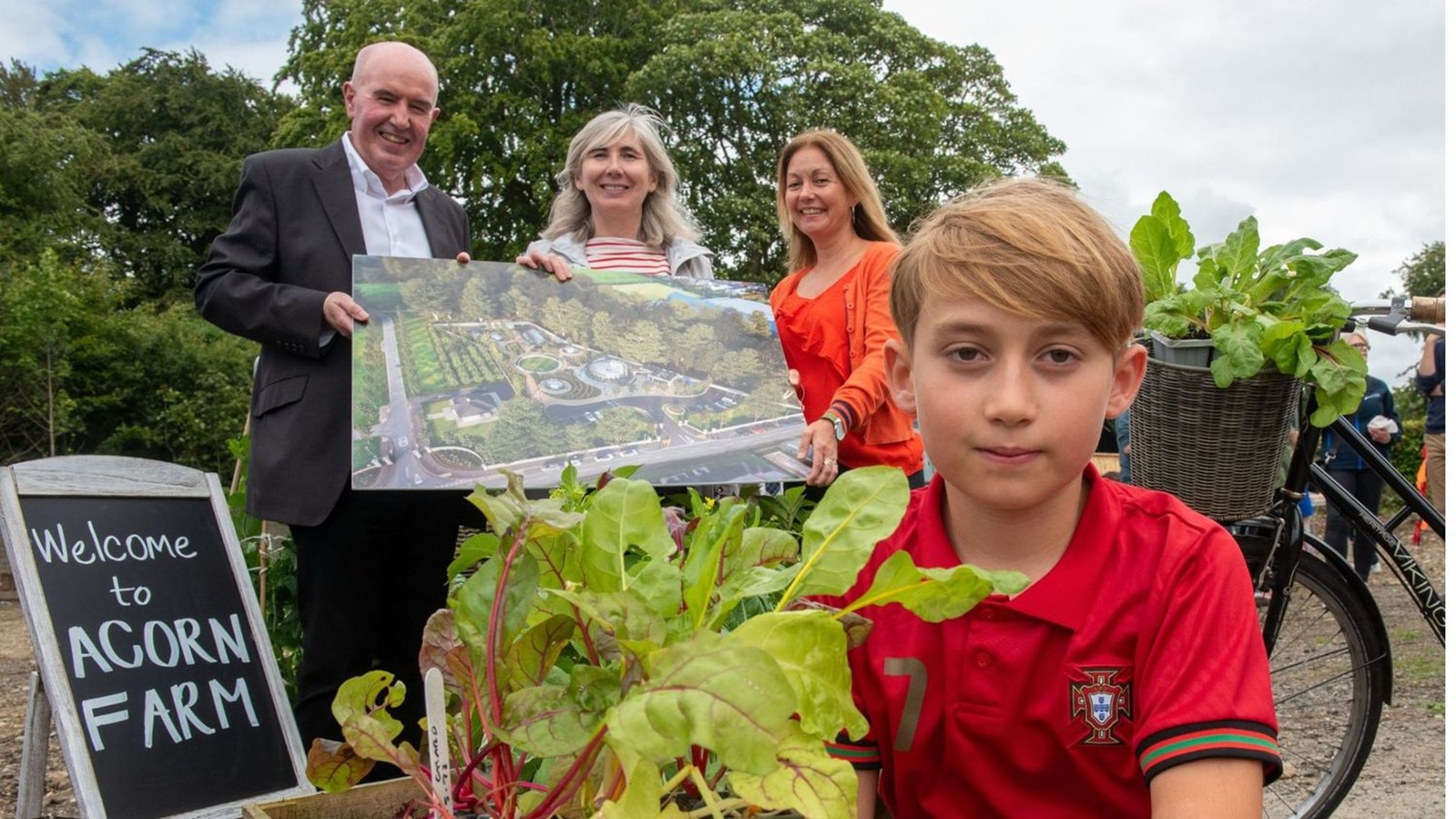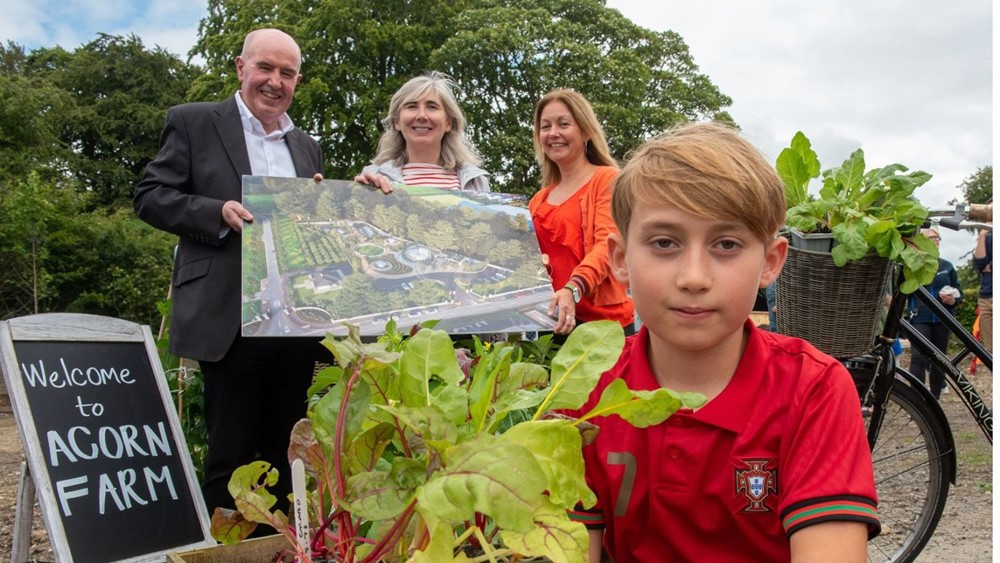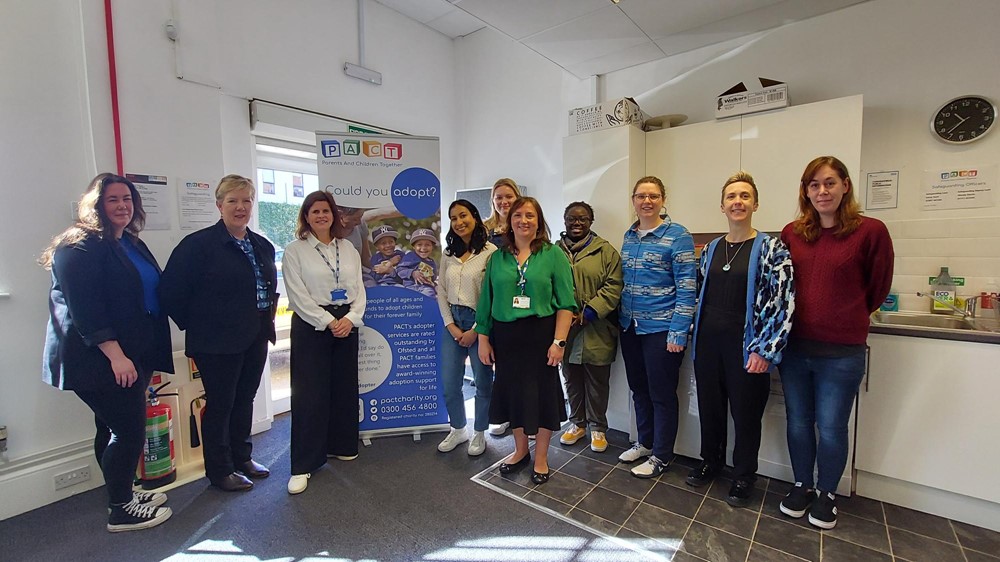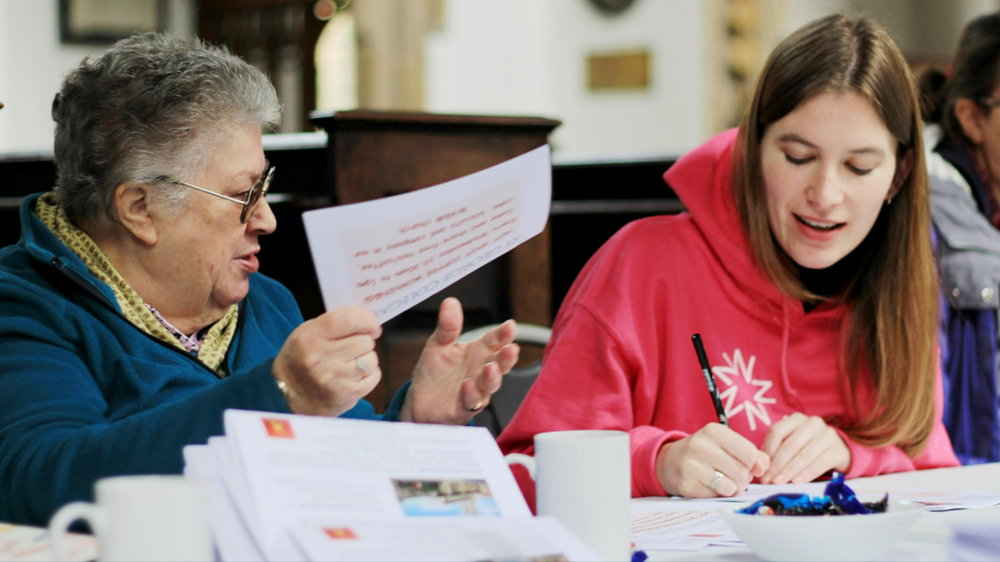Philanthropy: Partnering for the Goals
UKCF's Rosemary Macdonald looks at how local action should be seen as the driving force behind the UN's 'Decade of Action' and the vital role of place-based philanthropy in achieving the Global Goals.

Philanthropy: Partnering for the Goals
Authored by Rosemary Macdonald, CEO at UKCF
The world is hurtling towards the midpoint of the ‘Decade of Action’ to alter the course of climate change. The coronavirus pandemic and current socio-economic crisis are stark reminders of the threats that will keep coming unless cooperation across sectors and countries is reached.
As described by the UN Secretary General in 2019, (page 3, The SDG Partnership Guidebook) the Decade of Action requires mobilisation on three levels:
‘Global action to secure greater leadership, more resources and smarter solutions for the Sustainable Development Goals; local action embedding the needed transitions in the policies, budgets, institutions and regulatory frameworks of governments, cities and local authorities; and people action, including by youth, civil society, the media, the private sector, unions, academia and other stakeholders, to generate an unstoppable movement pushing for the required transformations.’
While governments and companies are continuously exploring new ways to navigate climate action, ‘local action’ relies largely on individuals and communities transforming the way they live and work together to achieve the 17 SDGs. To secure local action, sustainable support needs to be implemented at community level.
 A community farm in Northern Ireland supporting local climate action
A community farm in Northern Ireland supporting local climate action
Philanthropy has continued to prove itself as an ‘unstoppable movement’ for good. It is an invaluable tool that can support the biggest causes and take the biggest risks to meet the UN’s 2030 Agenda.
Place-based philanthropy can do even more. It focuses on the issues facing particular communities in their own unique regions and cultures. When done effectively, place-based philanthropy can target funding towards grassroots projects and charities in specific areas, collaborate with local authorities and donors to build motivated networks, and raise awareness and knowledge in all kinds of communities.
The United Nations Sustainable Development Goal (SDGs) 17: Partnerships for the Goals plays possibly the biggest role out of all the Global Goals in achieving action. Building effective partnerships, internationally and locally, is the only way we can unite in rescuing our planet.
In practice, how can place-based philanthropy help communities to achieve the SDGs? Here are three suggestions:
Make a difference today
There are thousands of smaller, localised charities working tirelessly around the UK that are working in line with the SDGs.
PACT (Parents and Children Together), a charity in Reading that supports women experiencing trauma and provides child adoption, is doing incredible things to achieve SDG 5: Gender Equality, SDG 10: Reduced Inequalities, SDG 1: No Poverty, and SDG 3: Good Health and Wellbeing. Ongoing funding from Berkshire Community Foundation has gone towards vital services and activities run by the charity.
 A recent UKCF visit to PACT along with Berkshire Community Foundation
A recent UKCF visit to PACT along with Berkshire Community Foundation
The funding has been flexible, giving the power to PACT to choose how best to spend it, which has served as a lifeline during the current economic climate.
Local action is already happening in our communities. Supporting organisations like PACT in communities throughout the UK right now, will ensure that they can continue to share their knowledge and expertise with local authorities, partnership networks and education systems, to tackle the root causes of issues such as domestic abuse and child trauma, and the inequalities that often surround them.
Support new initiatives
Philanthropy means more than giving away money.
Initiatives like Community Foundation for Tyne & Wear and Northumberland’s Skills Match service, and Quartet Community Foundation’s and Norfolk Community Foundation’s Pro Help services, bring communities closer together to act on common goals. These services match the skills of company staff with any support gaps in the local voluntary sector, providing free consultations, workshops and reporting.
Quartet’s pro bono service stemmed from Bristol’s City Funds – a collaboration between Quartet Community Foundation, local councils, the public sector, and the private sector – that is working to make Bristol a fair, healthy and sustainable city. It focuses on health and wellbeing, community initiatives, economic inclusion, and environmental transformation.

Spread the word within communities
In order to act on climate change and reduce inequalities around the world in line with the 2030 Agenda, community-level engagement should be a priority for all nations.
There are thousands of community-based, smaller voluntary organisations and charities around the globe that are acting on the Goals every day. However, without convening together and building strong networks to share skills, knowledge, lessons, and awareness, these important actions can often remain in isolation.
Community foundations are local convenors, providing a connected space for all sorts of organisations and individuals to come together and work on new solutions. They signpost partnership opportunities, identify local needs, share new projects happening in the region, and encourage flexible ways of contributing to causes.
 Community foundation staff are always engaged in community activities
Community foundation staff are always engaged in community activities
Northamptonshire Community Foundation’s CEO, Rachel McGrath, recently wrote about how the SDGs are being incorporated at a local level and the ways local networks have been involved.
Community philanthropy is not just happening in the UK, but around the world in Canada, Europe, North and South America, the South Pacific, Africa, and Asia. These community foundation networks talk to each other, share learnings from community-led initiatives, gather insights on community issues, and act as a collective global force for good.
This global community-level web of connections means that philanthropy – more specifically place-based philanthropy – is the perfect tool to make local action for the SDGs more achievable than ever.
Are you a community organisation, charity or donor wanting to collaborate with others? Find your nearest community foundation here or get in touch with UKCF.

